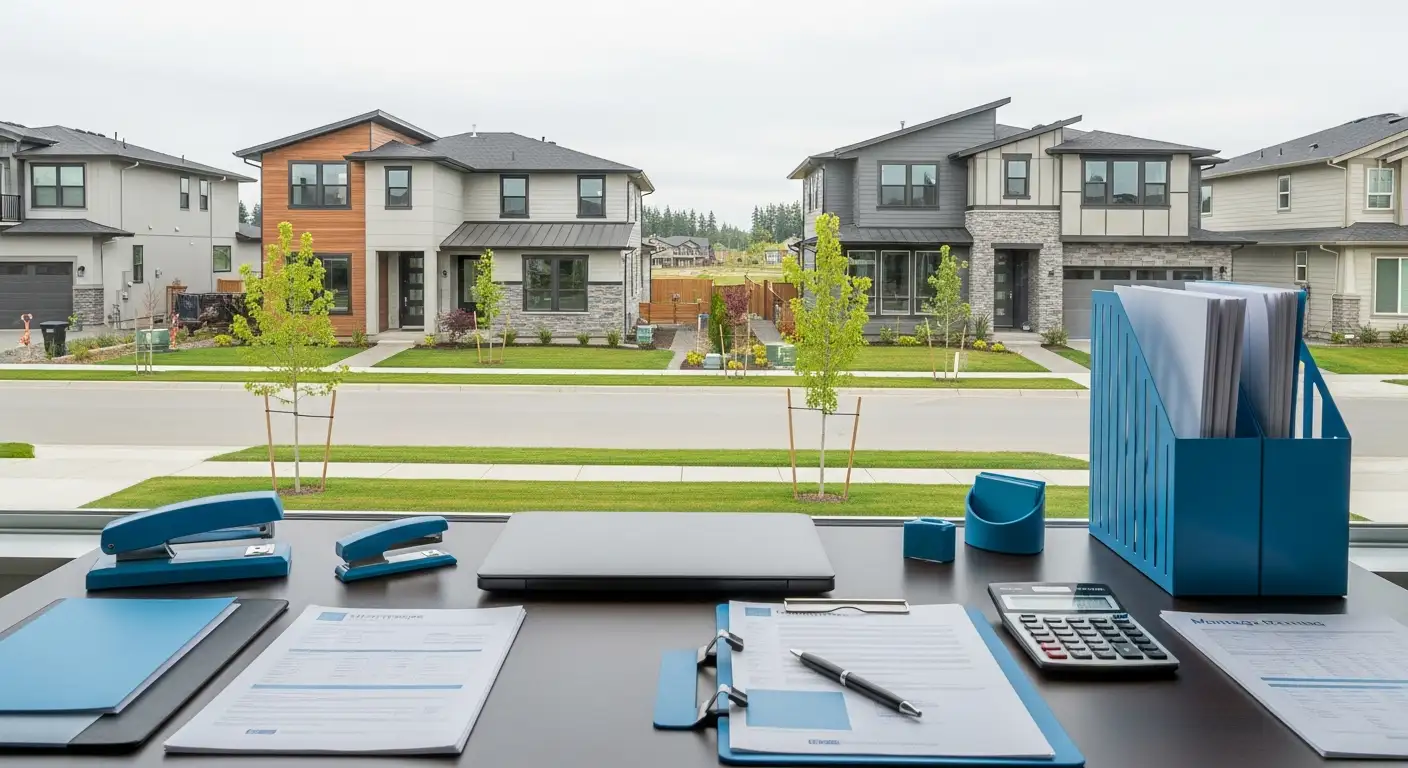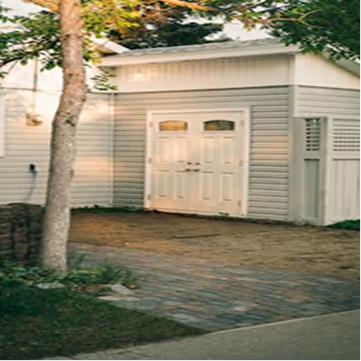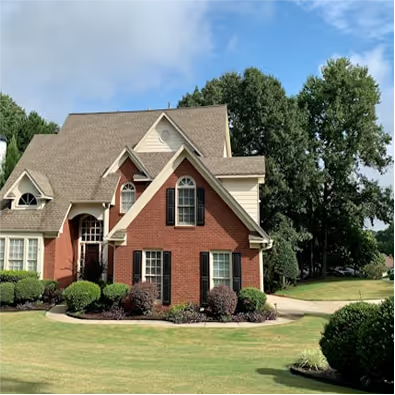Preparing to Make a Major Financial Commitment
Securing a mortgage is one of the most significant financial decisions you'll make. To ensure you’re making an informed choice, it’s crucial to ask the right questions to your mortgage broker. This comprehensive guide outlines the key inquiries that will help you understand your options, costs, and obligations before signing on the dotted line.
Understanding Mortgage Options and Types
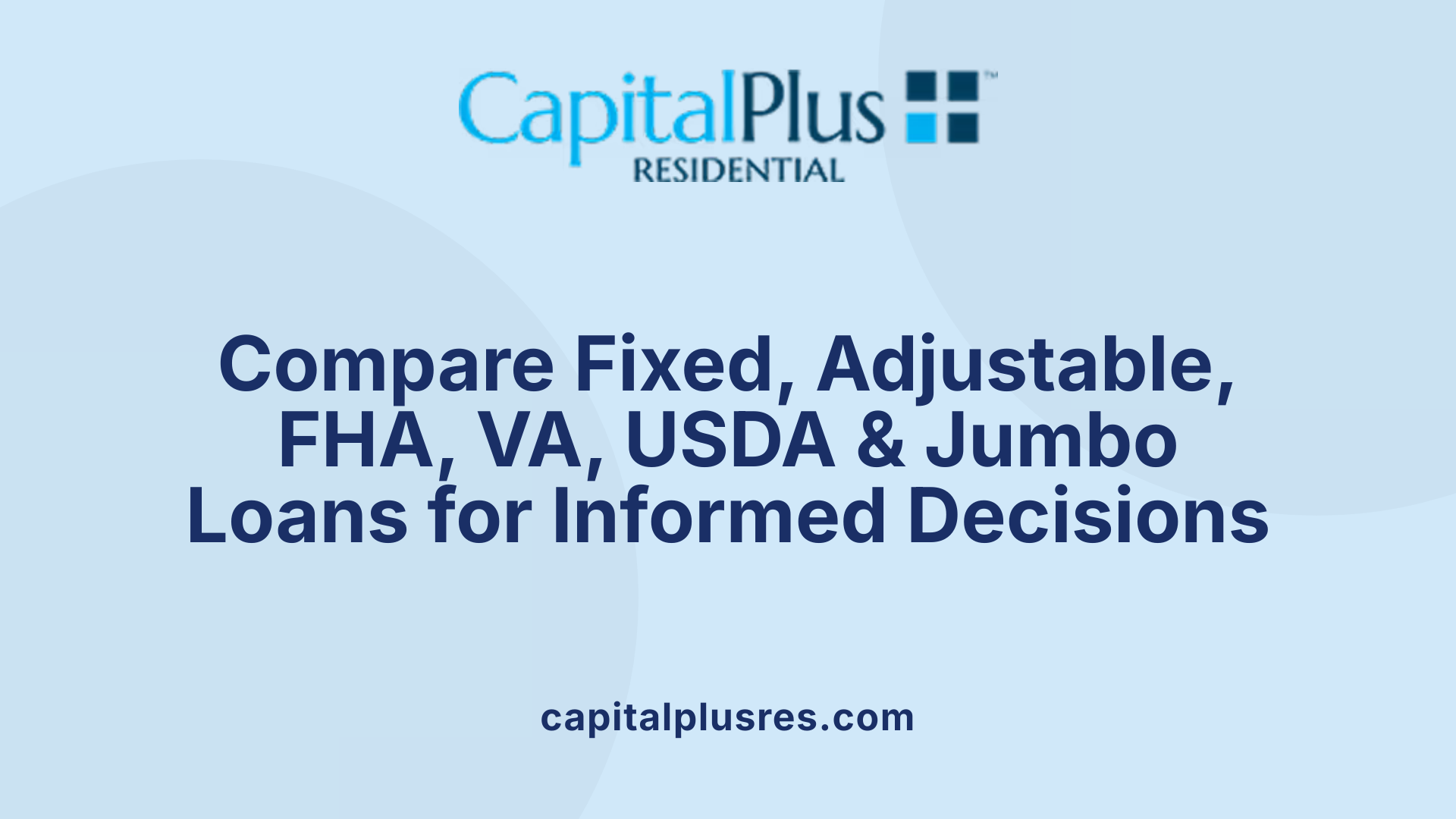 When exploring mortgage options, it's important to gather detailed information about the different types of loans available. Common mortgage types include fixed-rate, adjustable-rate, FHA, VA, USDA, and jumbo loans. Each has unique eligibility criteria, down payment requirements, and interest rate structures.
When exploring mortgage options, it's important to gather detailed information about the different types of loans available. Common mortgage types include fixed-rate, adjustable-rate, FHA, VA, USDA, and jumbo loans. Each has unique eligibility criteria, down payment requirements, and interest rate structures.
Fixed-rate mortgages offer consistent monthly payments over the life of the loan, providing payment stability and predictability. Adjustable-rate mortgages (ARMs), on the other hand, typically start with lower initial rates but can fluctuate over time, leading to potential increases in monthly payments. Understanding these differences helps you choose a plan that aligns with your financial stability and future plans.
In addition to mortgage type, reviewing repayment options and how they handle missed payments is crucial. Some loans offer forbearance or flexible repayment plans, which can ease financial strain during hard times. Clarify the terms, contingencies, and impacts on your credit to avoid surprises.
Lender requirements also vary depending on the loan type. Typical criteria include income verification, credit score thresholds, debt-to-income ratios, and necessary documentation. Knowing these requirements early on helps you prepare and improves your chances of approval.
By carefully comparing these aspects, you can select a mortgage that fits your budget and long-term goals. Asking questions about each loan type, understanding how payments could change, and reviewing lender stipulations ensures you make an informed decision.
Below is a comparison table summarizing common mortgage types and their features:
| Mortgage Type | Description | Down Payment | Interest Rate Type | Eligibility |
|---|---|---|---|---|
| Fixed-Rate | Payments stay the same throughout the loan term | Typically 3-20% | Fixed, constant interest | Credit score, income verification |
| Adjustable-Rate (ARM) | Initial lower rate, adjustable after initial period | Usually 5-10% | Variable, adjusts with market | Credit history, income, property value |
| FHA Loans | Designed for low-to-moderate income buyers | As low as 3.5% | Fixed or variable | Credit score, first-time buyer |
| VA Loans | For eligible military service members and veterans | No down payment | Fixed or variable | Service record, credit |
| USDA Loans | For rural property buyers, income limits apply | No down payment | Fixed or variable | Location, income, property eligibility |
| Jumbo Loans | For loan amounts exceeding conforming limits | Varies | Fixed or adjustable | Creditworthiness, income |
Understanding your options through thorough research and direct questions ensures you find the mortgage suited to your financial situation, providing peace of mind throughout your homeownership journey.
Clarifying Mortgage Terms and Conditions
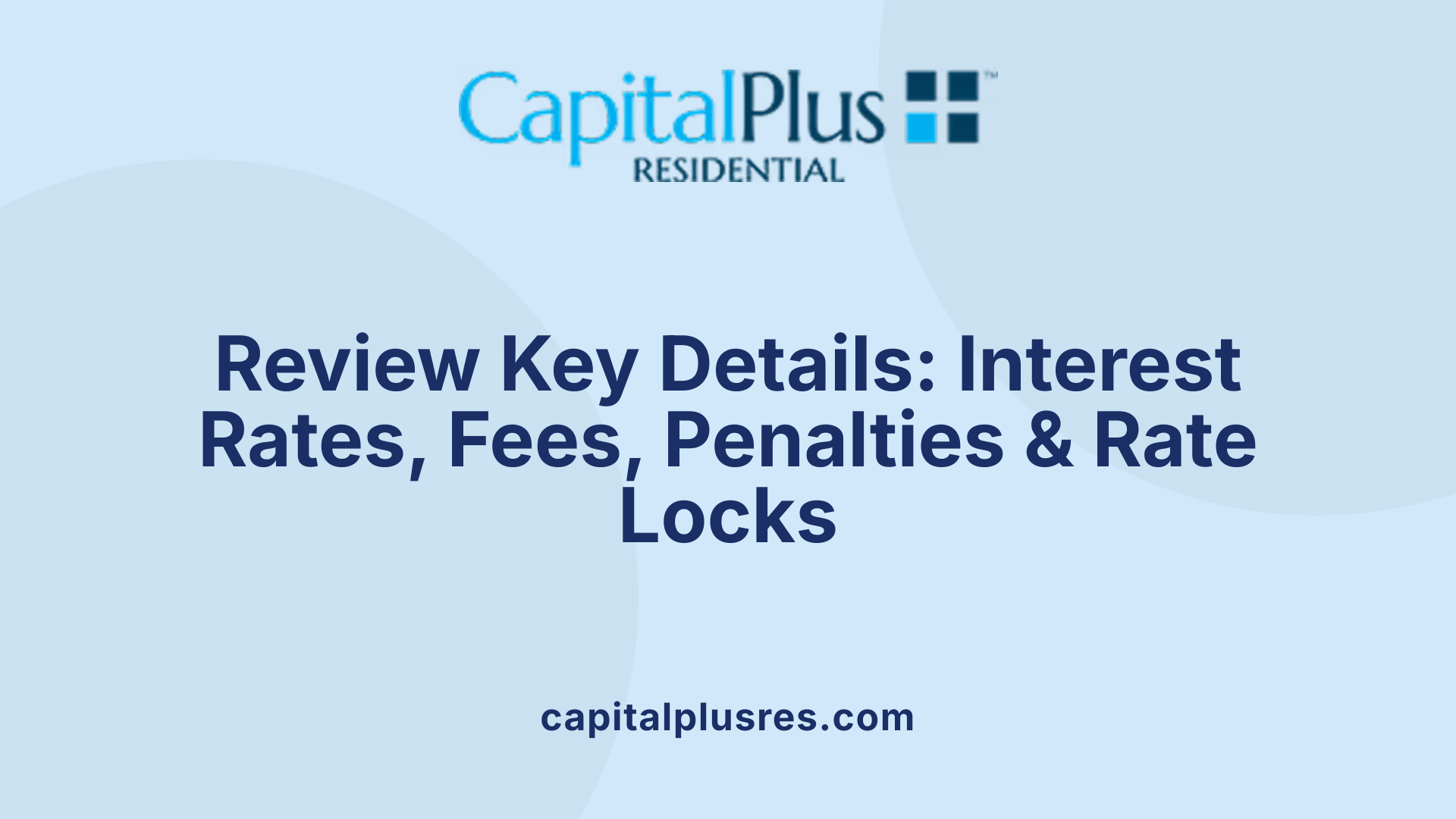
What mortgage options and terms should I understand before signing a mortgage agreement?
When exploring mortgage options, it's crucial to understand the different types available, such as fixed-rate and adjustable-rate mortgages (ARMs). Fixed-rate mortgages keep the interest rate stable over the loan period, typically 15 or 30 years, providing predictable monthly payments. ARMs, on the other hand, start with a lower initial rate but can fluctuate based on market conditions after an initial fixed period.
You should also review the specific terms of your loan, including the total duration—whether it’s 15, 20, or 30 years—and how this affects your monthly payments and total interest paid. Some loans may include features like balloon payments, where a large sum is due at the end of the term, or prepayment penalties that charge fees if you pay off the mortgage early.
Understanding associated costs is equally important. These may include closing costs, appraisal fees, mortgage insurance (especially if the down payment is less than 20%), and the annual percentage rate (APR), which summarizes the total cost of the loan including interest and fees.
Assess your ability to afford the mortgage by evaluating your income, assets, and expenses. Confirm that the loan complies with the federal ability-to-repay rule, ensuring you won’t be overwhelmed by payments.
Review any special features such as rate caps on ARMs, which limit how much the interest rate can increase during adjustment periods. Know if there are options for rate lock-in periods, protecting you from rate hikes before closing.
By grasping these details, you’ll be better prepared to choose a mortgage that fits your financial situation and long-term goals.
| Mortgage Type | Loan Duration | Key Features | Cost Considerations |
|---|---|---|---|
| Fixed-Rate | 15/30 years | Stable payments, predictable | Higher initial rate, but stable long-term costs |
| Adjustable-Rate | 3/5/7 years fixed, then adjustable | Lower initial rate, potential for rate increases | Cap limits on rate changes, prepayment penalties |
| FHA / VA Loans | Varies | Easier qualification, sometimes no down payment | Mortgage insurance, funding fees |
| Balloon Loans | Varies | Large final payment due | Risky if refinancing or sale doesn’t occur |
Use this overview to compare available options and understand the commitments involved.
Preparing for Your Mortgage Broker Consultation
When planning to meet with a mortgage broker, thorough preparation can help you make the most of the opportunity to secure the best loan options.
Start by gathering all relevant financial documents. These include recent pay stubs, tax returns, bank statements, and details of any debts or assets you own. Having these ready will allow the broker to assess your financial situation accurately and quickly.
Next, define your homeownership goals. Determine your budget, preferred loan types—such as fixed-rate or adjustable-rate mortgages—and the amount you plan to put down as a down payment. Clarifying these details helps the broker identify suitable loan options tailored to your needs.
Research different lenders and their offerings. Comparing rates, terms, and conditions from banks, credit unions, mortgage brokers, and non-bank lenders ensures that you have a broad view of what's available and can negotiate better terms.
It's also a good idea to check your credit report before meeting. Review it for inaccuracies or outdated information that could impact your eligibility. Disputing errors early can improve your chances of qualifying for favorable loan terms.
If you've already identified a property, bring the details—like the purchase contract and proof of deposit. If not, consult your broker about financing options and prequalification procedures.
Prepare a checklist of questions covering loan types, interest rates, fees, estimated monthly payments, prepayment penalties, and the mortgage approval process. This prepares you to seek clarity on complex aspects and ensure no critical point is overlooked.
Finally, create a simple budget planner and a list of home preferences. This helps define your priorities and makes the discussion more productive.
By organizing your finances and questions in advance, you'll be ready for a comprehensive and efficient mortgage consultation, increasing your chances of securing a loan that best fits your circumstances.
Key Questions About Qualification, Rates, and Fees
What questions should I ask about mortgage qualification, interest rates, and fees?
When shopping for a mortgage, it's essential to understand what lenders require for qualification. Ask specifically about the credit score needed, income verification procedures, debt-to-income ratios, and employment history. These factors determine your eligibility and influence your interest rate and loan options.
Interest rates can vary based on market conditions, your credit profile, and the type of mortgage you choose. Clarify how the interest rate is determined for your situation and whether a fixed or adjustable rate applies. Additionally, inquire about rate lock options to secure your interest rate during the approval process and any fees associated with locking in the rate.
Understanding all potential costs is crucial. Request an itemized list of applicable fees, including origination fees, closing costs, and mortgage insurance. Find out if there are prepayment penalties for paying off your loan early, and ask how these fees might impact your financial plans.
Exploring mortgage types is also beneficial. Ask about options like fixed-rate, adjustable-rate, FHA, or VA loans, along with their pros and cons. This will help you choose the mortgage that best suits your budget and long-term goals.
Don't forget to inquire about assistance programs which could reduce down payment requirements, and ask about the minimum down payment needed for your preferred loan type. Knowing these details early on helps you plan your finances.
Finally, ask for an estimated timeline for loan approval and the overall process. Knowing how long it takes and what steps are involved ensures you're prepared and can coordinate your move accordingly. Being proactive with these questions ensures transparency and helps you find the mortgage best suited to your needs.
Ensuring an Informed and Secure Decision
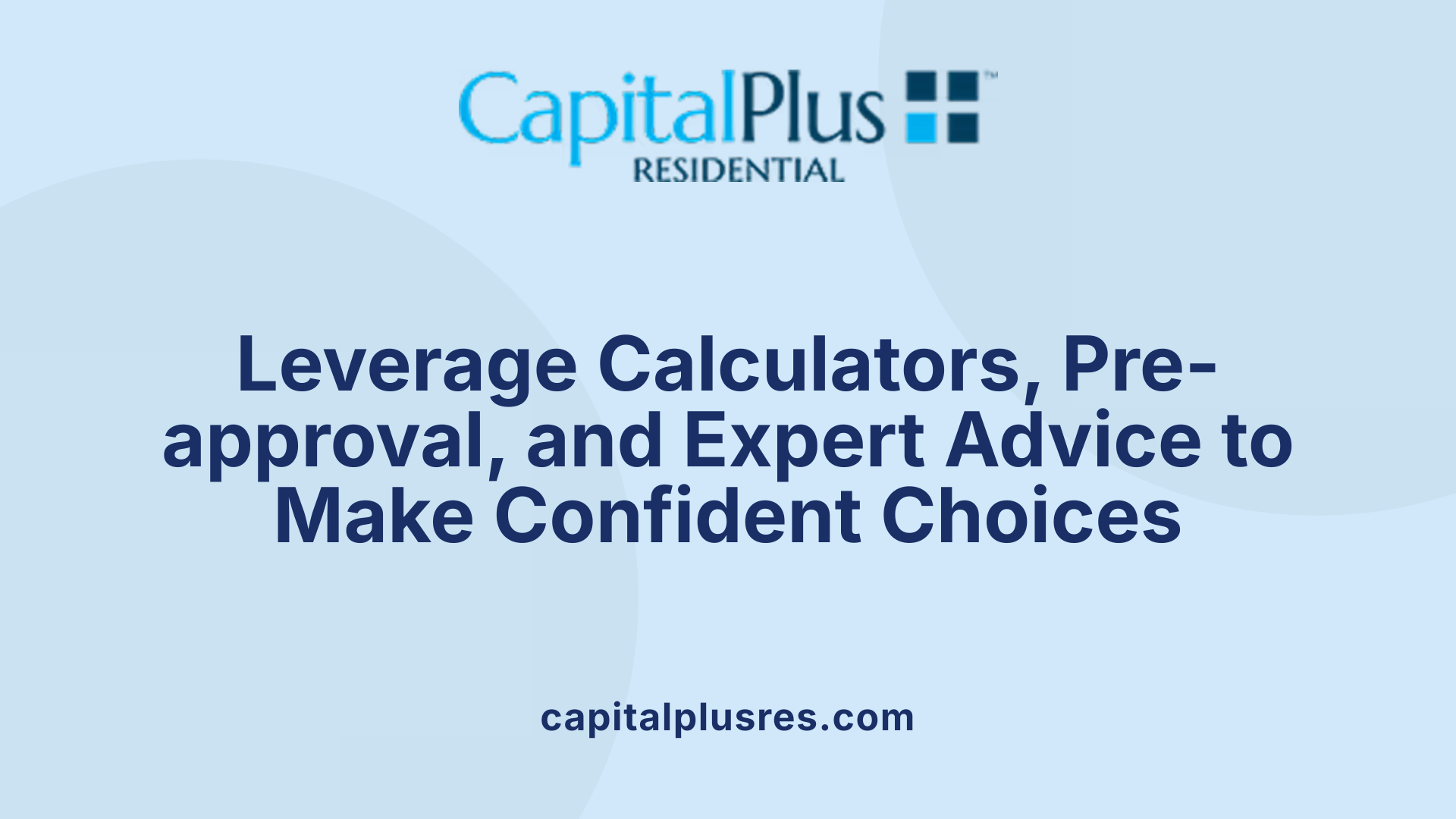
How can I ensure I am making an informed decision during the mortgage process?
Making a confident choice when selecting a mortgage begins with understanding the various loan options available. Ask your lender about different types like fixed-rate, adjustable-rate, FHA, and VA loans, and learn their advantages and disadvantages.
Using mortgage calculators can help you estimate your monthly payments based on different loan amounts, interest rates, and terms. These tools are useful for assessing what fits comfortably within your budget.
Securing pre-approval from a lender can strengthen your bargaining position and clarify your borrowing capacity. It involves providing financial documentation and gives you a clearer picture of what you can afford.
Pay attention to how changes in interest rates could affect your payments over time. Consider strategies such as making extra payments or paying down principal early to save on interest costs.
Financial preparation is crucial. Check your credit score and work on improving it if needed. Save for a substantial down payment and closing costs. Reducing existing debt can also enhance your mortgage eligibility.
Work with qualified professionals, such as a mortgage broker or financial advisor, who can provide personalized advice, help you understand complex terms, and guide you through comparisons of different offers.
By taking these steps—leveraging tools, understanding your financial situation, and consulting with experts—you build a strong foundation for making an informed move towards homeownership.
Fostering Transparent Communication Throughout the Process
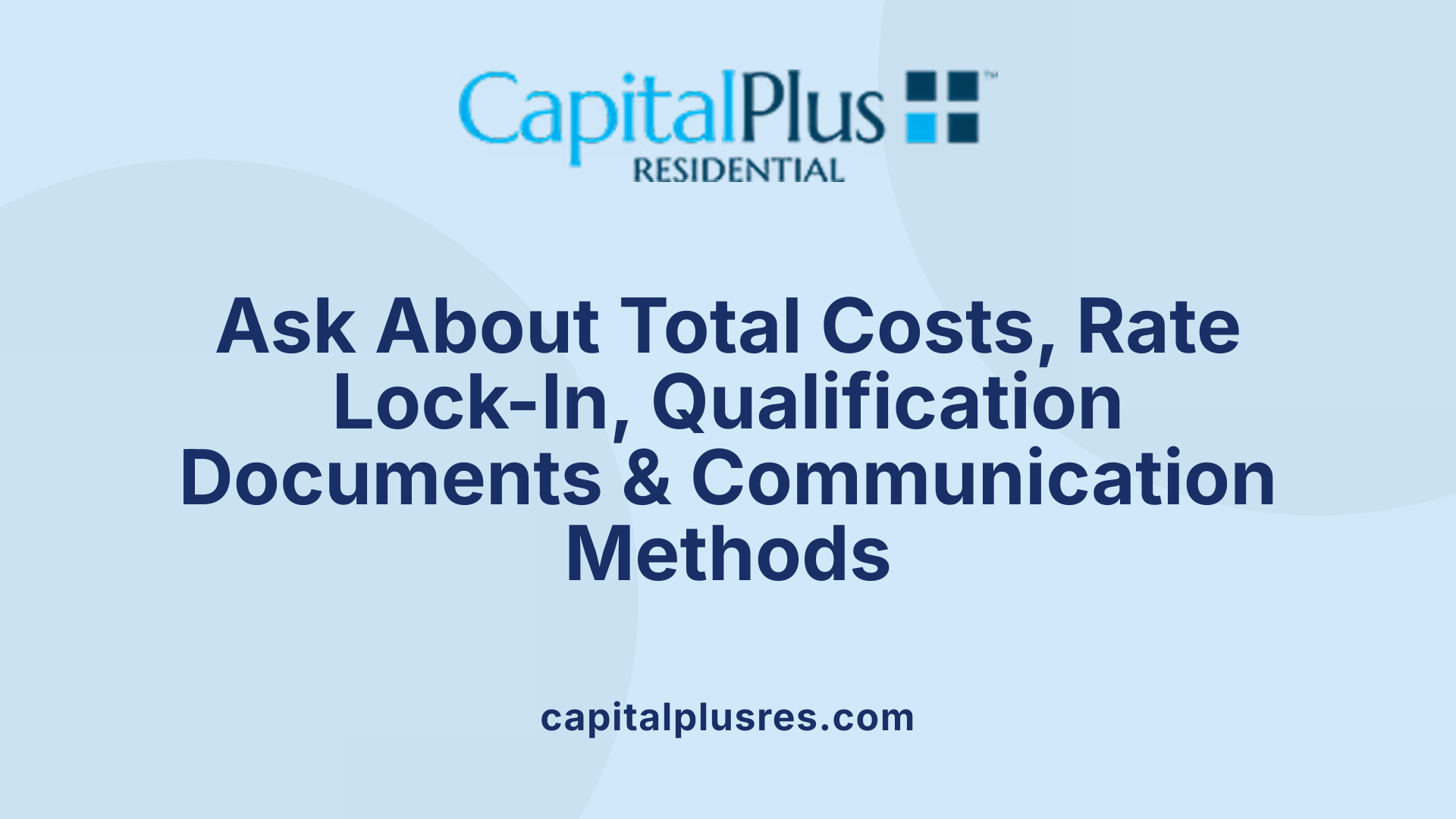
What questions should I ask my lender about the total costs and fees?
Understanding the full financial obligation is crucial when applying for a mortgage. Ask your lender to provide an itemized summary of all costs involved, including the interest rate, closing costs, property taxes, and any additional fees like origination or application fees. Request a detailed Loan Estimate after applying to see the complete picture of what your mortgage will entail financially.
How can I inquire about interest rate lock-in options?
Interest rates can fluctuate leading up to your closing date. To avoid surprise increases, ask your lender if they offer a rate lock option. Find out how much it costs to lock in your rate and how long the lock is valid. Clarify whether locking the rate affects other terms of your loan and confirm the process for exercising this option.
What should I ask regarding qualification criteria and necessary documentation?
Lenders have specific qualification criteria, including credit score, income, and down payment amount. Ask your lender about these requirements and what documents you need to prepare, such as proof of income, employment history, and bank statements. Understanding these upfront can help you gather everything needed to ensure a smooth approval process.
How do lenders communicate updates and what process do they follow?
Regular communication can ease the homebuying journey. Ask your lender how they will keep you informed about your application status and what the typical timeline is from application to closing. Confirm whether updates are provided via email, phone, or an online portal, and how often you should expect to hear from them.
What are my options if I need flexibility or alternative solutions?
Different borrowers have different needs, so it's important to explore alternative options. Ask about flexible mortgage options, such as interest-only loans, adjustable-rate mortgages, or government-backed loans like FHA or VA. Inquire whether the lender can accommodate special circumstances, such as buying without a spouse or obtaining assistance programs. Knowing your options helps you choose a mortgage that aligns with your financial goals and circumstances.
| Topic | Questions to Ask | Details |
|---|---|---|
| Total costs and fees | Request itemized costs and the Loan Estimate. | Understand all components including closing costs and taxes. |
| Interest rate lock-ins | Ask about locking in your rate, associated costs, and validity period. | Protect your rate before market changes. |
| Qualification criteria | Clarify credit and income requirements and necessary documentation. | Prepare all paperwork in advance. |
| Communication processes | Check how updates are provided, timing, and methods. | Stay informed throughout the process. |
| Flexibility options | Explore different mortgage types and special programs suited to your situation. | Find the best fit for your financial scenario. |
Making a Confident Mortgage Choice
By asking these essential questions, you empower yourself with the knowledge needed to navigate the mortgage process successfully. Transparent communication and thorough understanding of your options will help you choose the best mortgage for your financial future, ensuring peace of mind and financial stability as you embark on your homeownership journey.
References
- Questions to Ask When Choosing a Lender
- 14 questions to ask a mortgage lender
- 10 questions to ask a mortgage broker
- 5 Questions for Your Mortgage Lender Before You Sign on ...
- 15 Questions to Ask Your Mortgage Team When Buying a ...
- 6 Tips to Consider When Shopping for a Lender
- 14 Mortgage Questions to Ask Your Lender
- 10 questions to ask a mortgage broker
- 14 Mortgage Questions to Ask Your Lender
- 5 Questions for Your Mortgage Lender Before You Sign on ...
